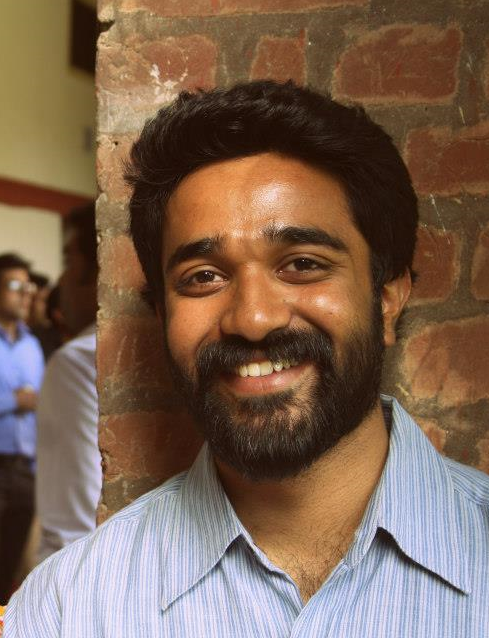Ashwin Varghese
Having been a student of humanities and social sciences in higher educational institutions in Delhi for over a decade, I have become acutely aware of how gendered our classrooms are. The perception of colleges and levels of degrees as being suitable for certain genders was very common during my college years.
Looking at the trajectory of higher education in humanities and social sciences, and associated work opportunities, the journey usually begins with a B.A. course, followed by an M.A. and then an Mphil/PhD. The gender demographics in this journey however alters substantially along the way. This reflection is based more on personal observation, than statistical data in terms of student enrolment in different degrees in higher educational spaces.
B.A. and M.A. classrooms in social sciences and humanities generally tend to have a skewed gender ratio in favour of female students. This is the polar opposite of the current trend in professional courses, most specifically in engineering colleges, where the gender ratio is highly skewed in favour of male students.
In social sciences and humanities, the gender ratio starts becoming equal, or starts tilting slightly in favour of male students, as we enter the research courses, i.e. MPhil/PhD. This change in the demographics has an interesting story to tell in terms of associated career opportunities. If we look at only the teaching jobs, i.e. teaching positions in Indian schools and universities, the minimum requirements are M.A. B.Ed., and PhD respectively. Schools usually tend to have more female teachers, whereas university departments largely remain male dominated. Several female students opt for the M.A. B.Ed. route because common perception dictates that becoming a school teacher is a more suitable profession for women; since it requires engaging with children with compassion and care, and since the working hours are fixed it frees up enough time for domestic duties. Notions of care and compassion are intrinsically linked to sex role socialisation and the sexual division of labour, which deems care giving as the duty of women, and forms a core component of domestic duties. This burden of domestic duties however does not fall on men at the same capacity, freeing them up for more academic pursuit of disciplinary studies.
This of course is not a universal phenomenon, an individual’s social position along with their gender identity either opens up several pathways, or blocks them. Here, what I am trying to draw attention to are common perceptions that are linked with social norms that could perhaps explain the changing gender demographics in higher education spaces. In conclusion, occupational avenues and the burden of domestic duties remain intrinsically connected, and who that burden falls on is intrinsically a gender question.

Ashwin Varghese is a PhD scholar in Sociology at the School of Liberal Studies, Ambedkar University Delhi. He holds Master’s degrees in English Literature, and Sociology, and has previously worked as a Research Assistant to Legislators at Rajiv Gandhi Institute for Contemporary Studies, Delhi. His doctoral work focuses on understanding power relations in the everyday of police stations in India. His broader research interests include political economy, state, law and public policy.
